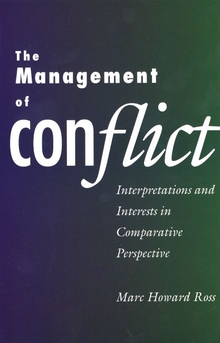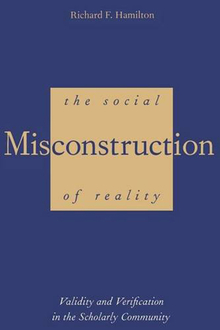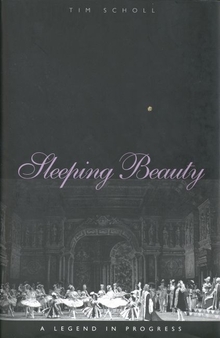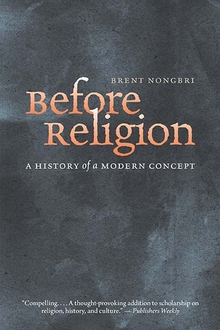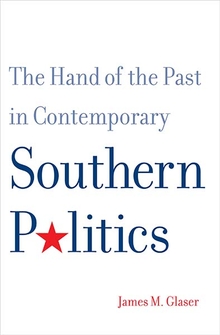The Management of Conflict
WARNING
You are viewing an older version of the Yalebooks website. Please visit out new website with more updated information and a better user experience: https://www.yalebooks.com
Interpretations and Interests in Comparative Perspective
Marc Howard Ross
Drawing on research and ideas delineated in his companion book, The Culture of Conflict, Marc Howard Ross offers a cross-cultural approach to conflict management. He identifies key features of constructive conflict management societies and evaluates three strategies of conflict management—self help, joint problem-solving, and third-party decision making—showing how each succeeds or fails in dealing with both disputants' interests and interpretations as causes of conflict. Exploring a wide variety of conflict management successes and failures—including the confrontation between MOVE and the city of Philadelphia, a public housing dispute in New York City, the return to warfare in post-colonial highland New Guinea, persistent hostility in Northern Ireland, and the Camp David Accords—Ross explains that how disputants' interests and interpretations are addressed affects the course of each dispute, its intensity, and the degree to which the dispute results in a constructive outcome. He offers the hypothesis that in bitter disputes modifying opponents' interpretations is a prerequisite for bridging differences in interests, stresses the need for models of successful conflict management, and suggests ways to expand constructive conflict management.
"This is the best book I know of on conflict management for today's political scene. In contrast to its rivals, Ross's theory of conflict resolution is deeply integrated with our best theories on ethnocentrism and other sources of intergroup conflict. While a political scientist by training and professorship, Ross writes with full knowledge of the relevant anthropological, psychological, and sociobiological literatures. This will be an excellent guide for diplomats and negotiators, and an outstanding text in a wide range of social science courses."—Donald T. Campbell, Lehigh University
Publication Date: August 30, 1995

